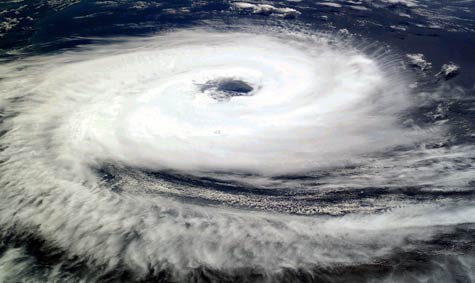The benefits of a good disaster recovery/business continuity (DR/BC) plan are obvious: It helps an organization stay up and running and, if things go south, it makes recovery quicker and limits damage.
A less obvious advantage of DR/BC is that it fits conveniently with mobility. Both are based on decentralization. A highly mobile workforce benefits from assets that are just as scattered about. A good BC/DR decentralizes assets so that there is no single point of failure.
Continuity Central takes a close look at an important issue in DR/BC to which IT departments must pay attention. The interconnectedness of businesses means that a failure by one company can affect another. Thus, companies sign complex agreements and take out insurance against the loss of business that may occur due to disaster-related downtime:
Contracts play an important role in business continuity planning and disaster recovery. For example, insurance contracts warrant careful analysis due to their complexity and nuances. Business interruption insurance, which covers the loss of income suffered by a business after a disaster, plays an important part in disaster planning. So, if business interruption insurance is a part of your manufacturer’s business continuity or disaster recovery plan, be sure to understand the scope of applicable coverage, exceptions, and limitations.
The piece touches on a number of other issues that relate to the legalities and contractual intricacies of DR/BC. The high-level view is that business does not happen in a vacuum – and neither does BC/DR. Downtime due to a poor BC/DR plan can hurt the company in several ways, including an increase in its related insurance policies.
The key to landing on the right side of these complex and intricate legal issues, many of which can only truly be unraveled by specialized lawyers, is having a solid BC/DR program in place. Tony Bradley at Computerworld lists some of the key lessons that were learned from Hurricane Katrina as the tenth anniversary of that disaster passes.
The keys are pretty basic:
- Have a written BC/DR plan.
- Don’t rely on a single site.
- Only use trustworthy vendors.
- Avoid single points of failure.
- Keep the most important equipment out of vulnerable locations.
d
This isn’t rocket science. Another useful list is from BLR. Among other steps, it counsels organizations to do such things as identify critical assets and plan around them, evaluate solutions already in place, evaluate solution providers, and continually test the BC/DR plan.
The good news here is that the legal liabilities of an organization’s ability to stay open for business and fulfill its tasks align perfectly with a solid approach to business continuity and disaster recovery. So, whether the creation of a good plan starts with the IT or legal department, the key is creating a plan and continually executing on it.
Carl Weinschenk covers telecom for IT Business Edge. He writes about wireless technology, disaster recovery/business continuity, cellular services, the Internet of Things, machine-to-machine communications and other emerging technologies and platforms. He also covers net neutrality and related regulatory issues. Weinschenk has written about the phone companies, cable operators and related companies for decades and is senior editor of Broadband Technology Report. He can be reached at [email protected] and via twitter at @DailyMusicBrk.




